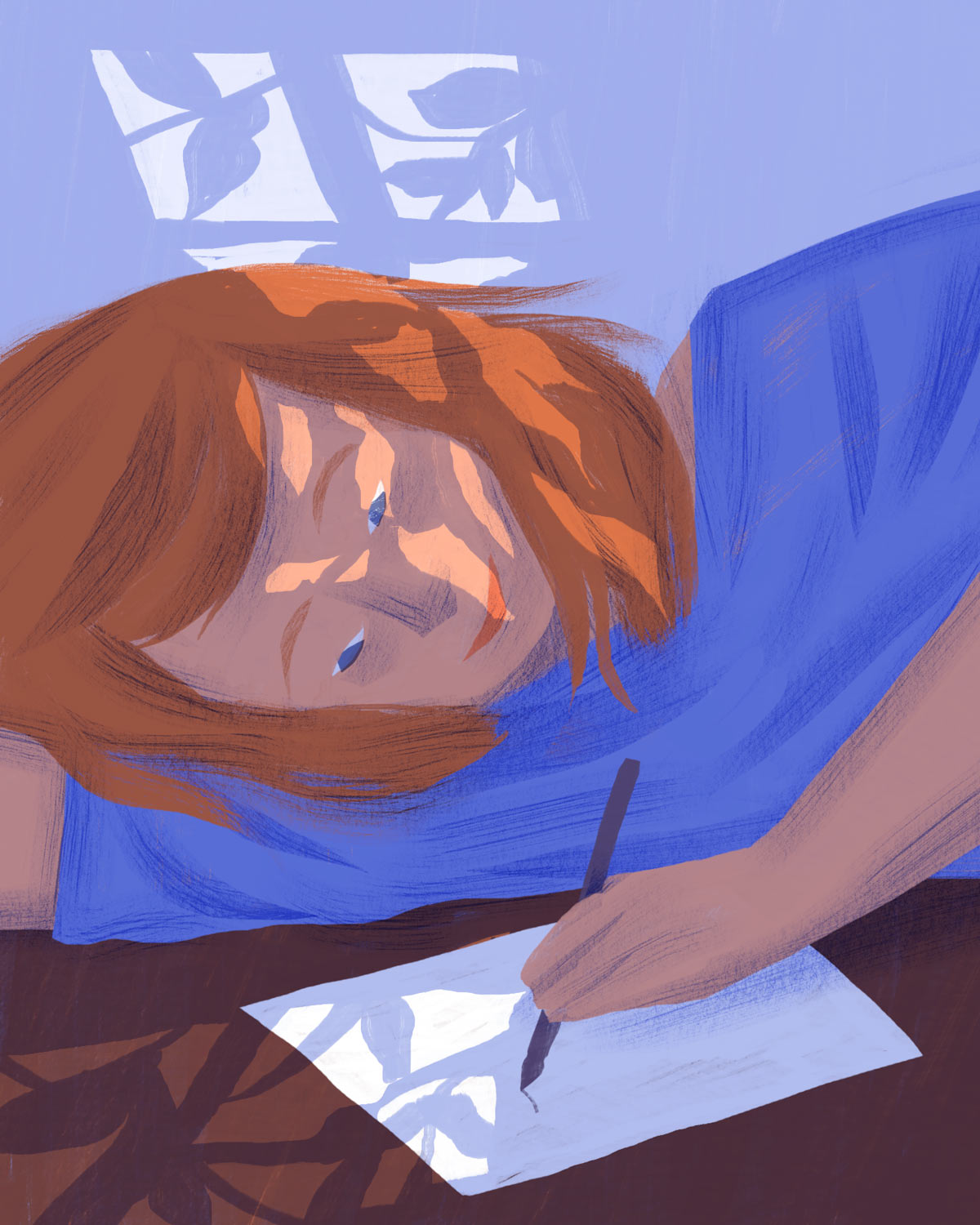
Change. Repeat.

Change. Repeat.

Sometimes writers presenting work are defensive of the strategies, techniques and devices they’ve used — hostile to the idea of revision. From this was born the workshop in which the person receiving criticism is not invited to speak until the end. Sometimes people offering feedback are at a loss for how to thoughtfully comment on the presented work because it’s either too polished or too obtuse. This can lead to negligible comments that result in shallow revisions or a request for a better explanation of the point of the piece, which can either lead to resistance or acquiescence (and, hopefully, major revision). When everything aligns as it should, everyone works together in collaborative, generous ways.
In Mary Oliver’s A Poetry Handbook, she writes, “The best thing about workshops is that people learn there that they can change.” Although she’s speaking specifically about writing, I hope this growth extends far beyond the page. In workshops, students encourage each other to be open to change through an attention to language and experimentation. In a world of text messages and memes — in which, my students say, standard capitalization denotes a tone of severity — their attention and openness gives me hope. Language, though we use it every day in casual, careless and malicious ways, is important. As someone who has invested my life’s work in the impact of language, I’ve worried about not only its general usage but about the ideas born of it.
My students give me hope that perhaps this care they’re curating will extend not just to poems but to the words they use as they pursue careers in poetry, public policy and management. Beyond the words they use, I hope they put this much care into the ideas they formulate and the beliefs by which they stand. I hope they remain open to critique and growth, and that their rhetoric seeks to unite and understand rather than to divide.
In many ways, my hope for 2020 is that the world operates more like this, more like our 52-minute class periods.
— Professor Chet’la Sebree, English, and director of the Stadler Center for Poetry & the Literary Arts